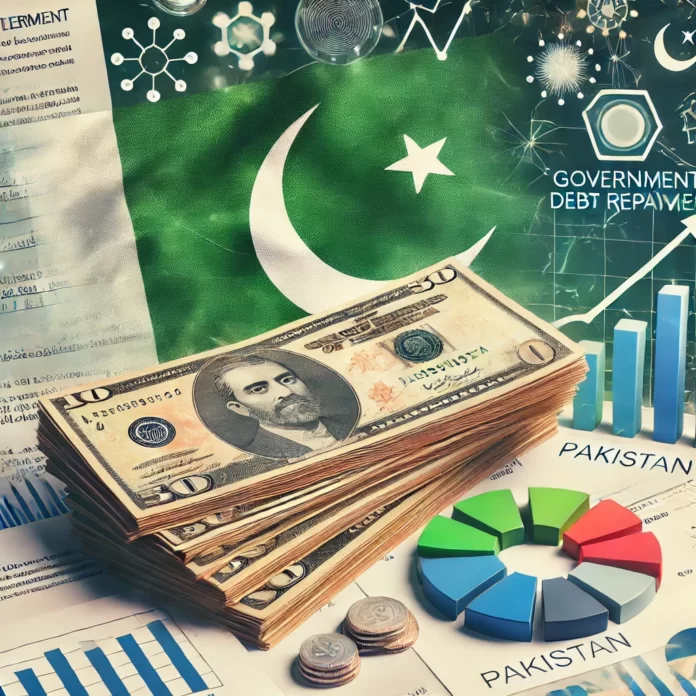The Government of Pakistan has repaid Rs92.18 billion in loans to commercial banks between July 1 and October 4, 2024, marking a significant shift in borrowing patterns.
This repayment comes as the government benefits from ample funds, driven by improved external inflows and an unprecedented Rs2.7 trillion dividend income from the State Bank of Pakistan (SBP). In contrast, during the same period last year, the government borrowed Rs1.83 trillion from banks.
The data from the SBP’s latest monetary aggregates report highlights this trend. It shows a notable decrease in government borrowing from both scheduled banks and the central bank. The government repaid Rs1.09 trillion in loans to the SBP during the same period, reflecting improved fiscal health.
The liquidity boost has allowed the government to reduce its dependence on banking sector funds, opting instead to buy back its maturing securities. This move has significantly reduced yields in the secondary market, easing domestic debt pressures and lowering borrowing costs.
The SBP’s data also reveals that the government’s borrowing needs have diminished due to lower inflation and improved tax collection. These factors, combined with fiscal discipline, have reduced the government’s reliance on banks for financing.
Despite the government’s reduced borrowing, private sector lending has been sluggish, with companies repaying Rs311 billion in loans during the same period. Banks now face excess liquidity, with fears of additional taxes if they fail to meet lending targets. To mitigate this, some banks are offering loans at rates significantly below the Karachi Interbank Offered Rate (KIBOR).
In this environment of increased liquidity and fiscal discipline, the government’s ability to manage its debt without heavy reliance on borrowing could indicate a more stable financial future.




